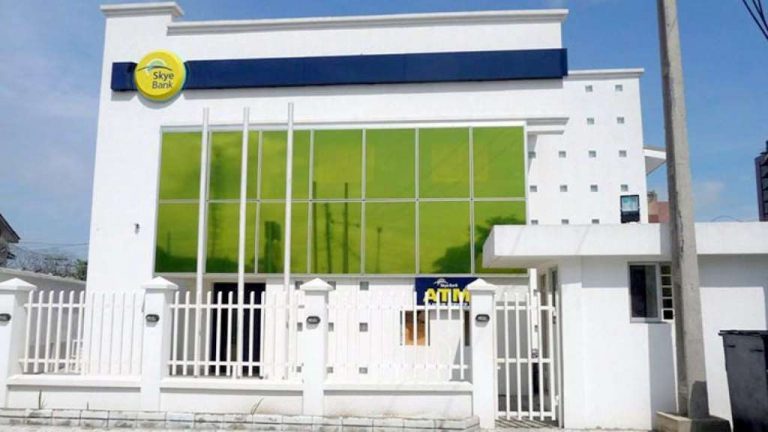The board of Skye Bank Plc, on Wednesday told stakeholders through the Nigerian Stock Exchange (NSE) that primary regulator- the Central Bank of Nigeria (CBN) has renewed the mandate of its board for a second two-year term.
In a statement titled “Disclosure of material information: Renewal of board mandate,” said the fresh mandate which now lapses on June 30, 2020, followed the success in bringing stability to the institution.
Within the period, the statement by Babatunde Osibode, the company secretary and legal counsel, said the board also entrenched sound corporate governance and risk management practices, while restoring investors’ confidence.
Th statement recalled “that on July 4, 2016, the CBN intervened in the management of the bank by reconstituting the board of directors to pave the way for a new team to take charge of the affairs of the bank and resolve various issues that were hindering the optimal performance of the institution.
“Accordingly, the apex bank gave the board a clear mandate with particular focus areas to turn the institution around positively,” it added, assuring shareholders and other stakeholders of the commitment of the board and management.
The board, the statement continued, is working with the CBN and other regulators to conclude various resolution initiatives to achieve a positive turn around for the bank to ensure it delivers value to its stakeholders.
Skye Bank is however yet to file any financial report, audited or otherwise, that would enable investors determine its state of health and take informed investment decision. It is not known whether investors may have to wait for another two year to determine its status.
The bank’s board and management are led by Alhaji Muhammad Ahmad and Tokunbo Abiru, chairman and managing director respectively.
Announcing the sacking of Timothy Oguntayo, who replaced Akinsola Akinfemiwa on August 1 on Monday, 2014, CBN Governor, Godwin Emefiele said the decay was not new.
Hear him: “What we have seen since around late 2013 into 2014 and 2015 is that… prudential and adequacy ratios have been weakening and we thought it is not right for us to allow these to weaken to the point where it becomes irreversible and that is why we decided to take this action.
“It has nothing to do with being distressed. What we are trying to say is that we don’t want the prudential ratios of this bank to get to a situation where depositors’ funds get into risk and that is why this is happening.”








